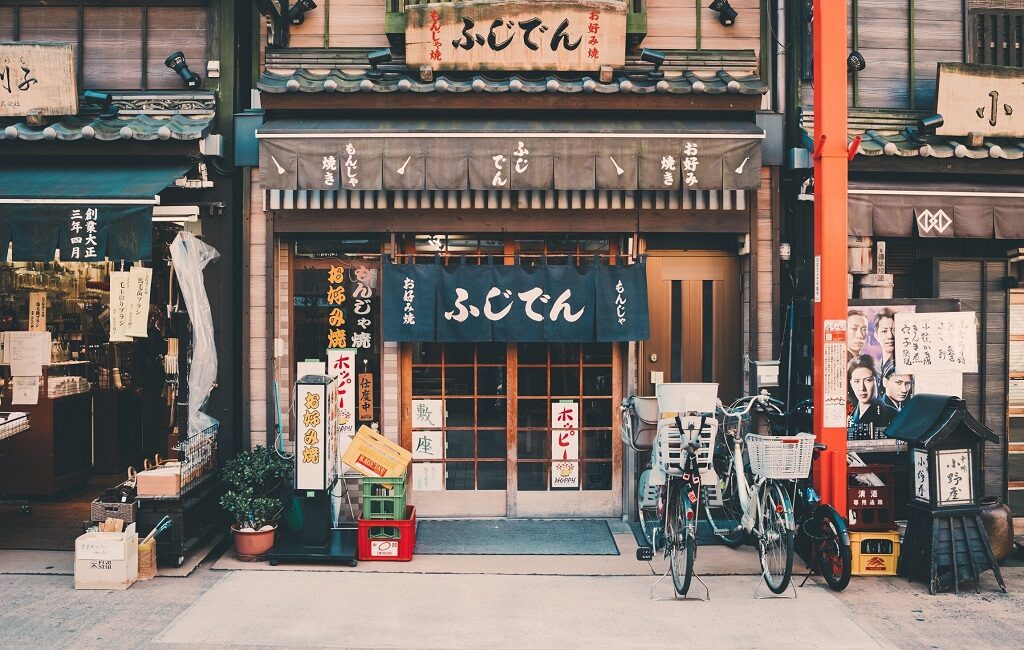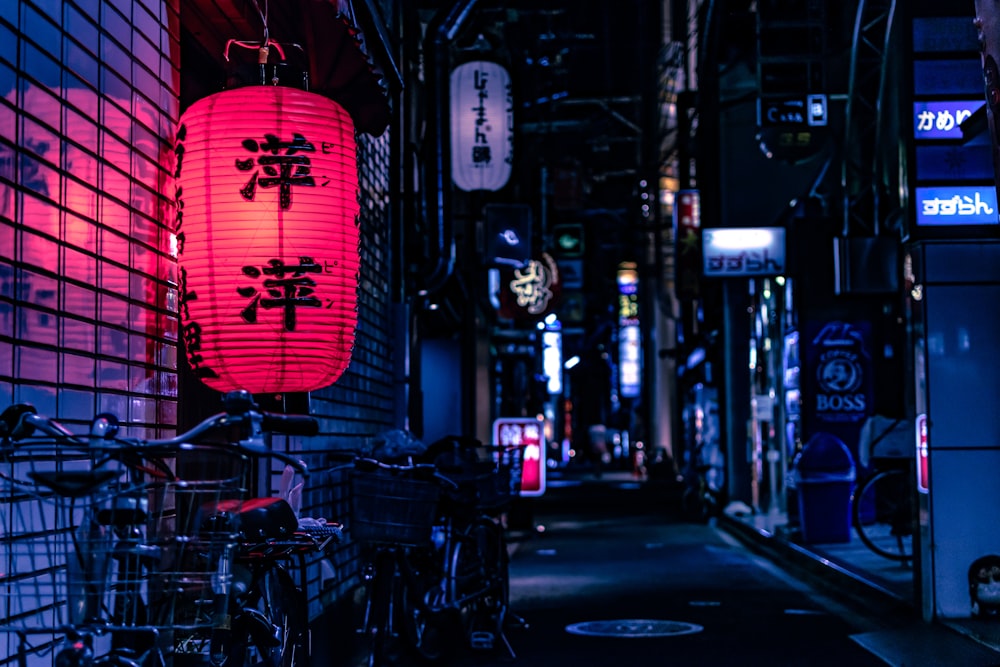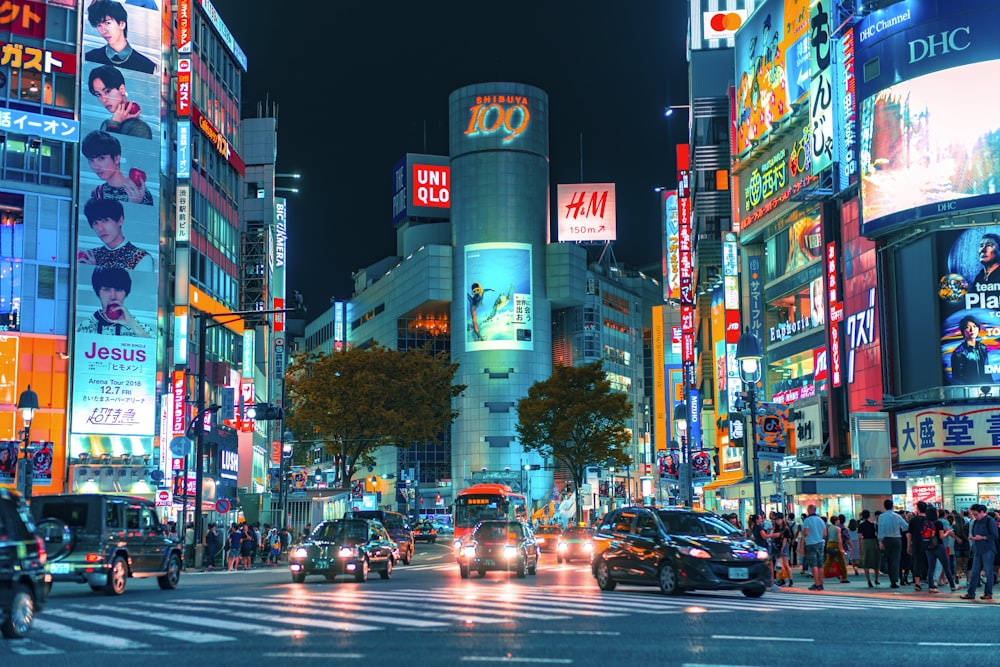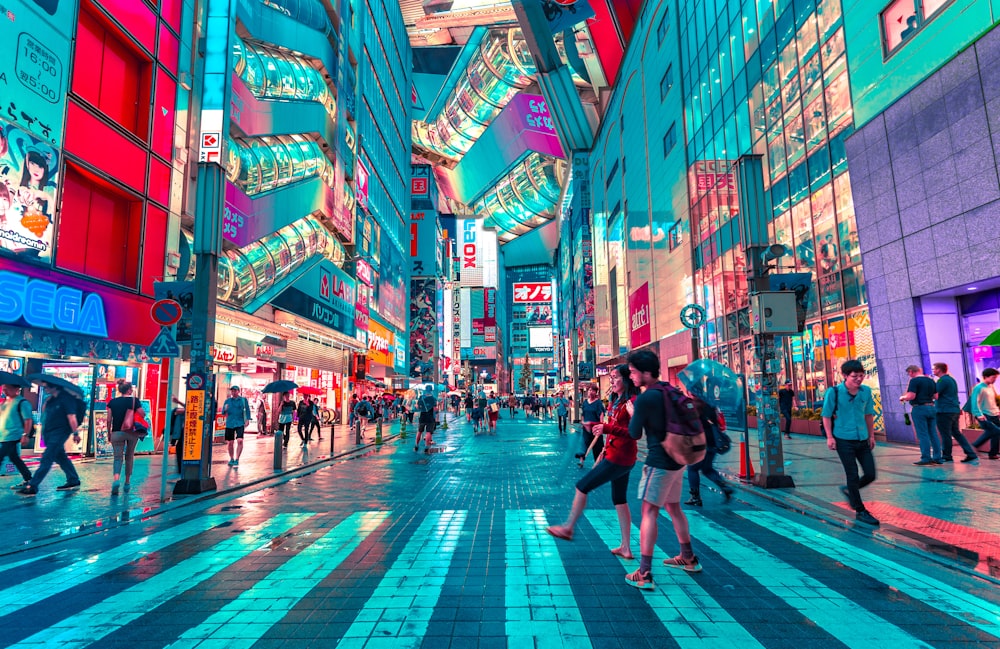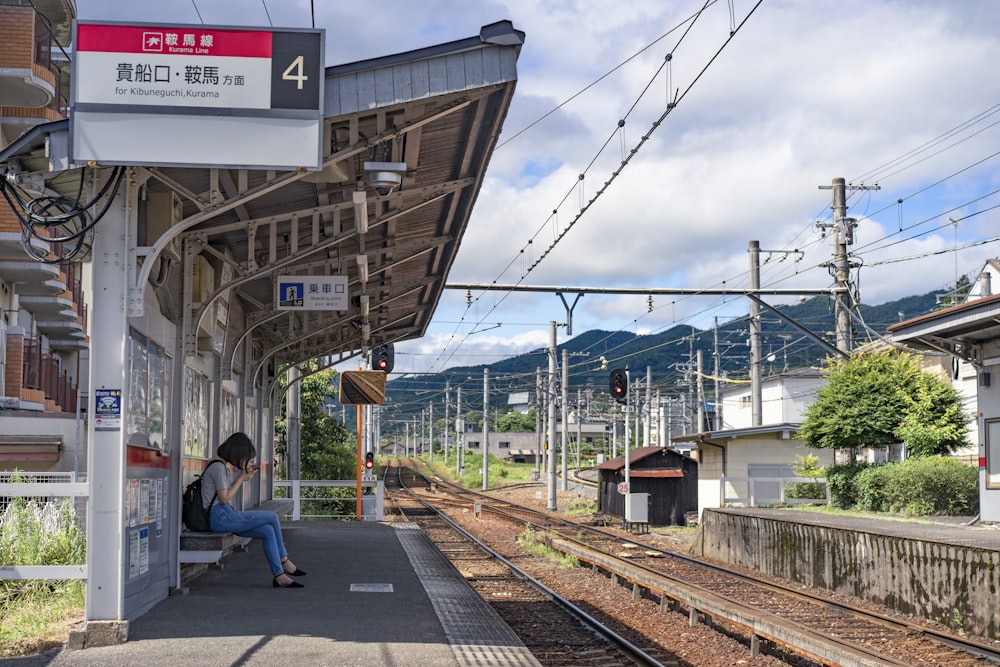Japan is an island country in east Asia and one of the world’s most highly developed countries. The mix of an amazing and vibrant culture with a powerful and innovative economy makes Japan one of the most sought-after countries in Asia when it comes to better opportunities.
If you are from Singapore and have plans of moving to Japan, this guide is for you!
Though the two countries, being financial centres in Asia, might share many similarities, there is also a pretty good deal to learn about your chosen destination. Learning about these similarities and differences will make it much easier for you to acclimate to the locale once you relocate from Singapore to Japan. So, sit back and let us share with your our secret guide.
1. Japan Is An Economic Powerhouse With A Treasure Trove Of Opportunities
Japan is often at the top of the list when talking about the most developed countries in the world. Japan comes in third in the world when counting GDP and fourth in purchasing power.
Japan has a visa exemption for citizens from over 68 countries worldwide, and Singapore is one of them. This means that you are allowed to stay in Japan for 90 days. However, if you relocate to another country, you will probably want to stay for more than 90 days. And that will require a work visa.
Japan offers work visas varying from 1 year to a max of five years. The duration of the visa depends on what type of work you will do. This is important as several different types of work visas can be applied for depending on your professional qualifications. This includes professors, artists, journalists, engineering, medical, entertainment, skilled labour, and so much more.
Much like Japan, Singapore is also a financial and economic centre. Many companies offer great opportunities, and it would be your gateway towards a work permit which is needed in the visa process. Which in time, will allow you to be eligible for Japanese citizenship.
2. Punctuality Is On Top Of Everyone’s Mind
There’s nothing wrong if you like to sleep in from time to time or if you like to take a leisurely stroll on your way. But when it comes to meetings and appointments, the Japanese are known to be very punctual.
This quality is highly prized, especially in a business setting, as it shows respect towards the person you are dealing with. If you are facing an unavoidable delay, communicate this to the person you are meeting.
This quality is extended to public services in Japan, most notably the railway system. It has been reported in a 2020 study that the Shinkansen, more popularly known as the bullet train, recorded a delay of less than 1 minute for the entire year.
This trickles down to people not wanting to miss it. Thus the cycle of punctuality and respect for time is upheld by everyone.
3. The Cost Of Living Will Surprise You For The Better!
Regarding the cost of living, Singapore often ranks as one of the most expensive places to live in. According to a 2022 study that ranks the most expensive cities for foreign workers, Singapore ranks no. 8.
It is worth noting that the capital of Japan, Tokyo, ranks just above Singapore in the 9th spot. However, if you factor in the average for the whole country, you can have significant savings if you choose to live in the cheaper areas without compromising the cost of living or employment opportunities,
According to Numbers, a website that measures the cost of living of different countries, Singapore is 23% more expensive than Tokyo. When factoring in other locations, Japan is, on average, 52% cheaper than Singapore.
It is worth noting that the major contributing factor to the high expenses is the limited real estate in Singapore which severely raises rental and housing costs. If you want to have a bit more space whilst enjoying the benefits of urban modernity, relocating to Japan is a great choice.
4. You’ll Need To Adjust To The Four Seasons
For the most part, Singapore has a very predictable weather pattern with a hot and humid tropical climate. Average humidity rises to 84% in the summer heat, which is dictated by two annual monsoons and their inter-monsoon periods.
The Northeast Monsoon goes from December to March when rain is most common but is still experienced throughout the year. The temperature is also very predictable, with yearly average temperatures rarely going any lower than 19 °C and never higher than 36°C.
Compared to the four seasons of Japan, you might need some adjusting. Spring blooms from March to May, with summer going from June to August. Leaves will begin to wilt and fall in September until November. Finally, Japan will turn into a white wonderland from December to February.
This changing of seasons means that temperatures, and the ensuing lifestyle associated with them, vary significantly throughout the year. You should look into heating and air conditioning for your home, seasonal clothing, and maybe even learn a few new recipes to eat during their peak seasons.
5. Culture And Technology Go Hand In Hand
Japan has robust ties to its history, and customs. People still often go to temples, adhere to old traditions and ceremonies, and don the Kimono, Japan’s traditional clothing. Japan has several heritage sites and buildings that are hundreds, sometimes thousands, of years old.
Hōryū-Ji Temple, Inuyama castle, Dōgo onsen, and Tsuen Tea teahouse are some of the impeccably preserved examples of one-of-a-kind Japanese architecture.
On the flip side, Japan is also at the frontier of technological advancements. The Japanese government is very proactive in supporting local scientists, engineers, and researchers to create a more dynamic and innovative world.
Another thing that Japan excels at is its entertainment industry. Anime, J-pop, movies, video games, Japan has it all. If you want to be entertained, you will have a blast in Japan.
So, if you are a fan of looking into ancient gardens and taking part in traditions that span generations, or if you want to be at the forefront of robotics or artificial intelligence, or enjoy a brand new game or watch cosplayers in conventions, Japan has a place for you.
6. You Will Not Run Out Of Amazing Food To Eat
Another aspect of Japanese culture that is vital to the population is food. Food defines familial relationships, communal gathering spaces, and is almost always at the centre of any social gathering.
In Japan, there’s food aplenty. Most Japanese cuisine is based on rice, seasonal spices, and the beloved noodles. But the most famous is probably sushi and sashimi, artfully sliced raw fish paired with various sauces and other ingredients.
Coming from Singapore, most of these foods won’t probably be new to you. Most Asian countries have mutually influenced each other regarding technique, flavour, and ingredients, which is true for Singapore and Japan.
It is also worth noting that thanks to the immense diversity available, Singapore is hailed as a food lover’s paradise. However, it will be a wonderful adventure to try how something so familiar can be made new when you relocate and go on a gastronomic adventure.
7. The Local Healthcare Service Is Top Notch
Both Singapore and Japan have excellent healthcare services. And thanks to the Universal Healthcare system, almost anyone can avail of medical services. The system is, of course, available for any Japanese citizen and any foreigner who has been in the country for more than three months.
A foreigner may be enrolled on the National Health Insurance through the employer. If an individual has stayed in the country for more than a year, they will be eligible for the Social Health Insurance, a different tier of service.
As with other universal health care services, these are funded through tax deductions plus company contributions and thus will vary depending on your income. But that shouldn’t be too much of an issue as you will receive excellent service in return.
8. Language Barriers Might Need Some Getting Used To
Singapore has four major languages; English, Singaporean Mandarin, Malay, and Tamil. Singapore has a very high literacy rate, and most people can speak more than one language.
In Japan, the official language is the standard Japanese language. Almost everyone in Japan speaks Japanese, and a handful of smaller local dialects.
If it is common in Singapore for people to speak English, it is very rare for you to do so in Japan. In fact, according to a study conducted by Education First on global English proficiency, Singapore comes in 2nd. In contrast, Japan comes in at number 80.
This could pose some issues regarding communication, but if you mainly stay in large cities, you will have better luck finding someone who can communicate with you.
9. The Education System Is Excellent For You Or Your Future Family
The field of education is another thing that Singapore and Japan have in common. In a study conducted by an independent firm ranking educational systems from all over the world, Japan came in 11th and Singapore 15th.
If you plan on having kids and want to compare, Singapore uses a 6+4+2 structure compared to Japan which uses 6+3+3. Both countries are somewhat equal regarding facilities, curriculum, extracurricular activities, and after-school work. It’s also well worth mentioning that primary and secondary education is free, save for fees for uniforms, school materials, and other contributions.
As mentioned previously, you might want to note that English isn’t that much of a focus in language studies. You might want to add additional hours for your child to study, or you could enrol yourself and learn the local language to help you get along with your neighbours.
For higher education, Japan has excellent colleges and universities you can go to if you wish to pursue higher education. Whether for a promotion or you want to break into a new field of study, a wealth of information is waiting for you as long as you qualify for the exams and requirements.
10. Professional Movers Will Make Your Trip A Hundred Times Better
Direct flights from Singapore to Japan will take about 7 hours on average. That’s a long time that you should be stress-free and spend time relaxing. When making huge relocation decisions like this, it is best to partner with professionals who will be able to take care of you.
Sanelo has years of experience helping people achieve their dreams of that perfect relocation. Whether it’s going to be a local move or an international relocation, Sanelo will be there to assist you every step of the way.
You won’t have to worry about carrying your luggage around during your flight. Sanelo will take care of your belongings which are fully protected by shipment protection services.
11. Embrace The Expat Life And Make New Communities
Though Singapore and Japan may share many similarities, moving to a new country is not easy. You’ll need time to adjust, get over the initial culture shock, and find footing.
That’s why expat communities are becoming more and more popular, especially in destinations that are favourites for expats. These communities facilitate group activities, events, and simple gatherings that allow you to meet people in the same boat.
It could be people from your home country, the same field of work, or anyone that is looking for a new community to build. Online groups and forums are also available if you’re not ready to meet in person. On popular social media sites like Facebook and Reddit, you can ask questions, participate in discussions, and learn more about the local scene.
Conclusion On Moving To Japan From Singapore
Japan is an amazing country that has so much to offer. A vibrant culture, fantastic employment opportunities, high-quality health care and education, and so much more.
If you are moving from Singapore to Japan, you’ll find many familiar things. At the same time, so many things that are surprising and uniquely Japanese.
If you engage with Sanelo to arrange your relocation, there’s no stopping you from making that trip and beginning your adventure!
If you aren’t convinced, look into some of our other guides on moving to other countries, such as Thailand, The United Kingdom, or Hong Kong.
Frequently Asked Questions About Moving To Japan
Is Housing In Japan Expensive?
Average monthly rent in Japan falls between 50,000 and 70,000 JPY (497 to 695 SGD), with prices increasing depending on location, especially in prime areas like Tokyo.
Can Foreigners Get Healthcare In Japan?
Yes, the National Health Insurance service applies to foreigners who have been in Japan for less than a year but more than three months. After a year, a person will become eligible for Social Health Insurance.
Why Are Japanese People So Punctual?
It is a sign of respect, and punctuality is highly regarded in Japan.
Can Sanelo Help With My Relocation To Japan?
Yes, definitely! If you wish to engage with Sanelo’s service, just call, or email and a representative will be more than happy to guide you through the process and any requirements.
